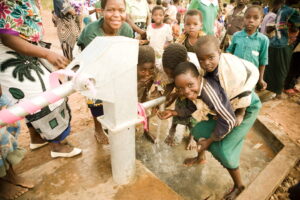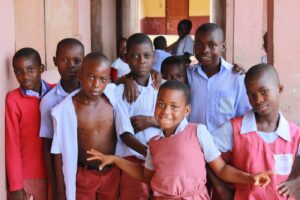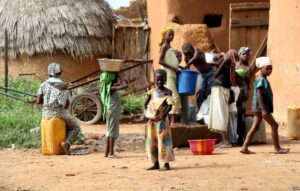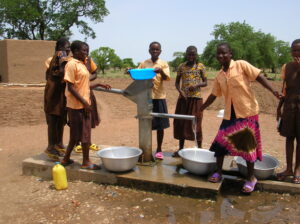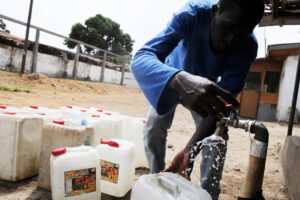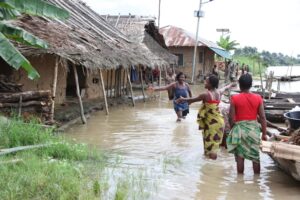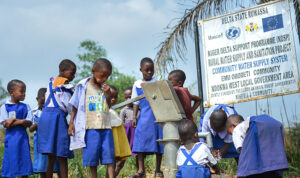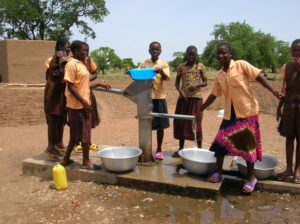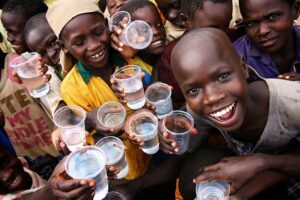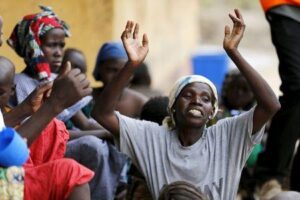These Are Our
projects
We are here to close the sanitaion gap
Sub-Saharan Africa has the lowest sanitation coverage on Earth, and roughly 70% of the population, approximately 600 million people, has no access to an improved sanitation source. In many rural areas including the Niger Delta areas of Nigeria, open defecation is still common and water-related illnesses cause incalculable suffering, often undermining many development efforts. Preventable water-related diseases claim the lives of thousands daily, but GIRD knows that Nigeria can close the sanitation gap. GIRD is collaborating with its partners and with rural communities to increase basic hygiene awareness, employ behavior change campaigns, and built pier latrines so that rural Nigerians can thrive and lead healthier lives both now and in the future..
.
01.
ECONOMIC DEVELOPMENT
There is no denying that Nigeria’s economy is on the rise. However, hundreds of millions of Nigerians are still locked in the cycle of poverty. With almost every circumstance stacked against them and basic infrastructure out of reach, subsistence lifestyles are often all even the most determined Nigerians can achieve. This is especially true for women and Nigeria’s ever-growing youth population in the Niger Delta.
GIRD SOLUTION
Nigeria can be inclusive
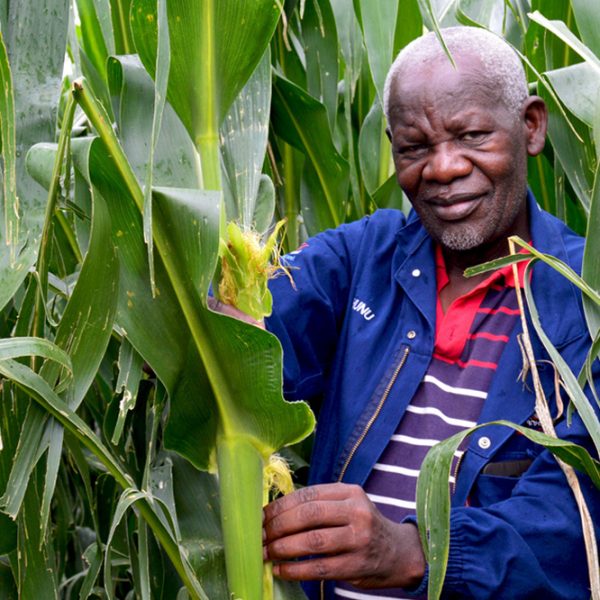
02.
BASIC INFASTRUCTURE
GIRD builds roads, pavements, and linked bridges to facilitate transportation and commerce. These roads and linked bridges enable the local women make their way to the market. It helps the local businessmen to transport goods and services to the local markets thereby facilitating commerce and industry.
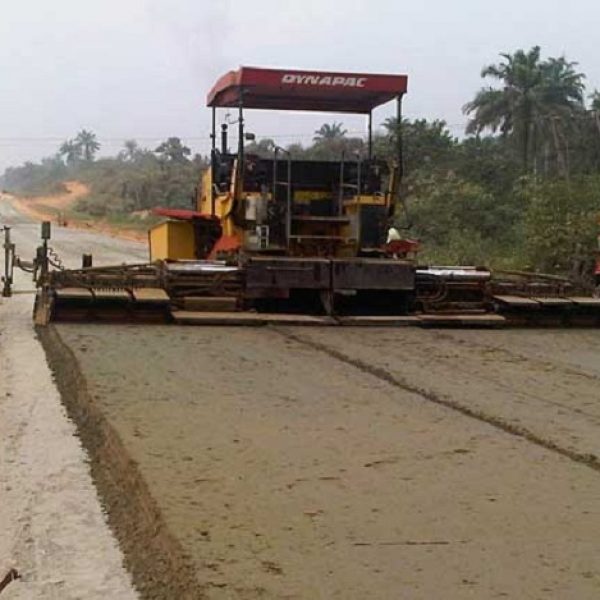
03.
HYGIENE
GIRD builds pier latrines to riverine communities to avoid the indiscriminant spread of faeces. These faeces pollute the water making it less suitable for acquatic life. In some communities the big flood brings the faeces inside homes and contaminate the entire environment creating outbreak of diseases. GIRD digs bore holes and builds pipe-borne water to provide portable drinking water to the people. Prior to this time people fetch water from the stream, people also dug all kinds of wells trying to get water to drink and cook food. The water from these sources are very unhygienic. They are the major source of communicable diseases and water borne diseases

04.
Graduated Mentorship
Based on GIRD’s experience in the environmental and hygiene situation of the people of Niger Delta, we educate and enlighten the people on basic hygiene to reduce the risk of dysentery, cholera and other outbreak of diseases.
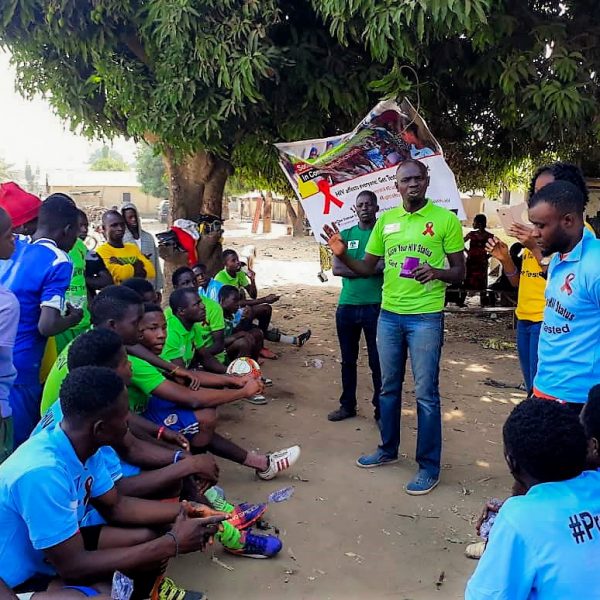
PROJECT GALERY
Here are highlights of some recent projects we embarked on here at Global Initiative for Rural Development (GIRD)!

